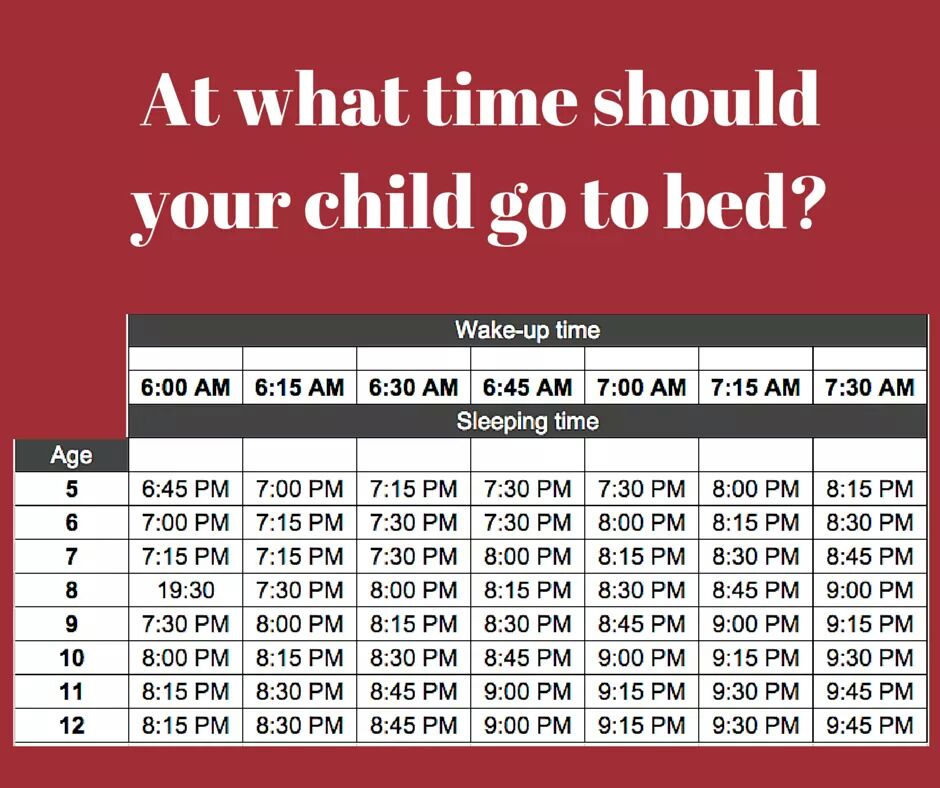
You see it all the time. Kids are at practice/lesson, or in a game, or in a tournament, etc. and they’re just not performing to the level at which they’re capable.
“C’mon Erin (or Lily or Leticia)!” parents or coaches yell. “Put some effort in. Quit dogging it and get your rear in gear.”
But the reality is Erin (or Lily or Leticia) may actually be giving all she has and more. Because the problem isn’t effort or intention. It could be fatigue.
According to a 2020 survey conducted by the National Center for Health Statistics and reported by the Centers for Disease Control and Prevention (CDC), a little more than 10% of kids between the ages of 12 and 17 reported being tired every day or almost every day. Now, 10% doesn’t sound like a lot, but I’ll bet if you added in kids who report being tired at least some days during the week the number would go much higher.
What’s causing all this fatigue? One thing could be the crazy level of commitment that pretty much every activity (including fastpitch softball) demands throughout the year – and particularly through the school year.
In a lot of area, maybe most, kids have to wake up at 6:00 or 6:30 to get ready for school. They’re then there to say, roughly, 3:30. Once school is over they may have a school sport practice or game, one of which will happen every day during the week and often on Saturdays as well.
Once they’re done with school sports they rush to a team practice, sometimes in the same sport and sometimes in another. For example, they play volleyball at school and then head to softball practice, or strength and conditioning.
Now, if the other practice is happening once a week it has a minor impact. But a lot of teams these days practice 3-4 times a week IN THE OFFSEASON!
So now maybe that kid is being expected to go all-out physically and mentally for 4, 5, maybe even 6 hours with barely time to eat a little something for dinner.
By now it’s 8:00, 8:30, 9:00 or even later and the child who gave his/her all on the field and/or in practice still has to do a couple of hours of homework. Maybe more if there is a big project due or all the teachers loaded him/her up.
Then it’s brush your teeth and off to bed by 11:00 pm so you’re ready to start the cycle all over again.
Here’s where the problem comes in. Take a look at the chart below, which shows what time kids should be going to be based on the times they wake up for school.

Notice a discrepancy here? That 12 year old who wakes up at 6:30 am should be in bed by 8:45 pm, not 11:00 pm. When it happens night after night the sleep bank gets drained.
Ok, but surely kids older than 12 can operate on less sleep? True, but not as much as you might think.
The CDC recommends that kids 13-18 should get a minimum of 8-10 hours of sleep per night. Every night.
I’ll save you the trouble of doing the math. To get 8 hours of sleep, that teen who wakes up at 6:30 am for school should be going to bed no later than 10:30. If he/she needs a little more sleep to function well, bedtime should get pushed earlier.
But it’s not just the sleep that is causing the problem. It’s also the lack of downtime.
Running from school to practice/game to practice/lesson/conditioning to whatever else is going on day after day after day takes a toll.
Pretty soon there’s very little left in the tank. Performance suffers and the risk of injury increases.
Ok, that’s the problem. What’s the solution?
I don’t have a final, definitive answer. But I do have a few suggestions.
Cut back on offseason practices – This applies to every sport, not just fastpitch softball. I firmly believe in the value of being a multi-sport athlete. But teams don’t need to maintain an in-season practice schedule during the offseason.
In reality, the fastpitch softball season is either February until the end of July(ish) or June until the end of October, depending on when your state plays school ball. During that time practice all you want.
Outside of it, there is no real reason to go more than once a week. If players want more, have them do it on their own, where they can focus their efforts for a half hour instead of enduring a two-to-three hour team practice.
That schedule includes the fall ball “season.” If you’re in a state that plays high school softball in the spring, fall ball is offseason so treat it that way.
If you just feel you must practice more than once a week, keep practices shorter, focusing on the single thing you want to accomplish.
Parents, make some hard choices – I get that many kids want to do everything. But there is a cumulative effect in trying to do all of that, especially if everything is at a high level.
A better solution might be for your child to play one sport at a high level (such as A-level travel softball) and other sports, if they want them, at more of a recreational level where the schedule demands aren’t so high.
There will always be exceptions, or course. Some kids are capable of playing more than one sport at a high level. Most are not, however, at least not without suffering some sort of consequences.
Parents need to take off the parent goggles and really look at how their kids are doing. If they’re always tired maybe it’s time to take some things off of their plates so they also have time to rest and recover.
Take sleep needs seriously – Although I shared them, I think the sleep guidelines above are tough to manage. They’re also kind of generic, because some kids will need less – and some will need more.
But going to bed late and getting only five or six hours of sleep on a regular basis isn’t good for anyone. Parents, be sure your kids are getting the opportunity to sleep, even if that means opting out of practice on a heavy homework night.
As an aside, teachers may want to re-think the homework loads they’re assigning as well. The recommendation from the National Parent-Teacher Association and the National Education Association is 10 minutes per grade level, i.e., 10 minutes for first grade, 20 for second grade.
That’s total, not per-class. In addition, research indicates that more than two hours of homework total may be counterproductive.
Teachers should work together to keep homework focused and productive. Parents should work with teachers when they see excessive amounts of homework being assigned to ensure there is awareness of this fact and that a solution is created.
The bottom line is many kids are tired – physically, mentally, emotionally. They are over-scheduled and their time is micromanaged to a ridiculous degree, often as a result of adults seeking validation through the performance of those kids.
It’s unlikely this situation is going to improve on its own. It’s time to recognize the symptoms before they start getting more out of hand and taking steps to reduce the strain.
In the process, you’ll probably find those kids are closer to providing the performance level you desire.
Photo by Matheus Bertelli on Pexels.com
Credit : Source link






